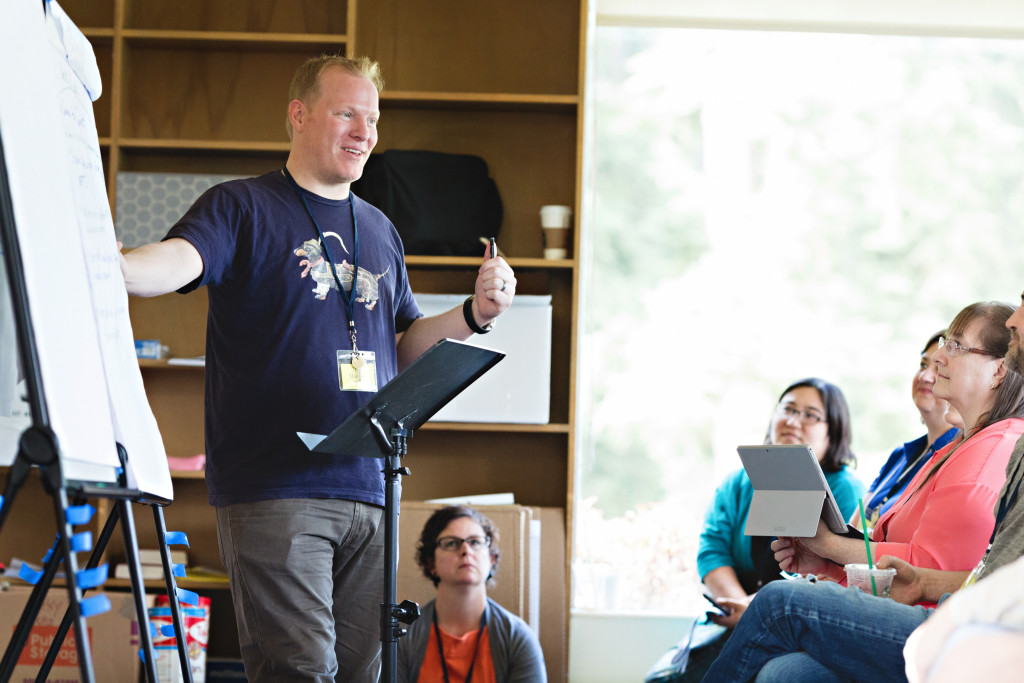(Originally posted on October 15, 2015)
Here’s a simple tool you can use as a meeting facilitator that helps your team assess how a ministry or project is going, and plan next steps in the immediate future. It’s a tool that quickly reveals a lot of data you can use for skillful planning.
It works like this:
First, decide what you’re evaluating in as clear and exact a way as you can. You could have your group assess how they experienced a specific event or project (a new liturgy that began three months ago, the fall stewardship drive, the adult formation events you held this spring).
Then, ask them what they liked about the ministry or project. What went well? What was a pleasant surprise? What was encouraging or inspiring? Remind them that it’s okay to like something about the project and still be opposed to or concerned about many of the things that happened.
Move on to concerns: what brought you up short? What didn’t go well? What worries you about how it was handled or executed? Remind them that it’s okay to be concerned about something even if you are a fan of the original idea, or happy with the outcome. It’s helpful, not negative or draining, to voice concerns.
 Finally, what are the group’s wishes for the future? What might they like to happen next? If you are continuing the ministry or plan to do the project again next year, what might make it run better? Any dreams or hopes? Some of these may be impractical, but encourage people to voice them anyway. They may give the group an insight or idea that makes a positive difference.
Finally, what are the group’s wishes for the future? What might they like to happen next? If you are continuing the ministry or plan to do the project again next year, what might make it run better? Any dreams or hopes? Some of these may be impractical, but encourage people to voice them anyway. They may give the group an insight or idea that makes a positive difference.
Note also that the likes/concerns/wishes formula can work in less formal settings, too, such as a conversation you’re having with one other person about a dimension of congregational life. “How’s it been going, do you think? What have you liked? What brought you up short? Any ideas to improve this?” It’s a good, standard pattern to follow if you’re trying to assess or evaluate something.
This is just one of many facilitation tools we teach at the college.